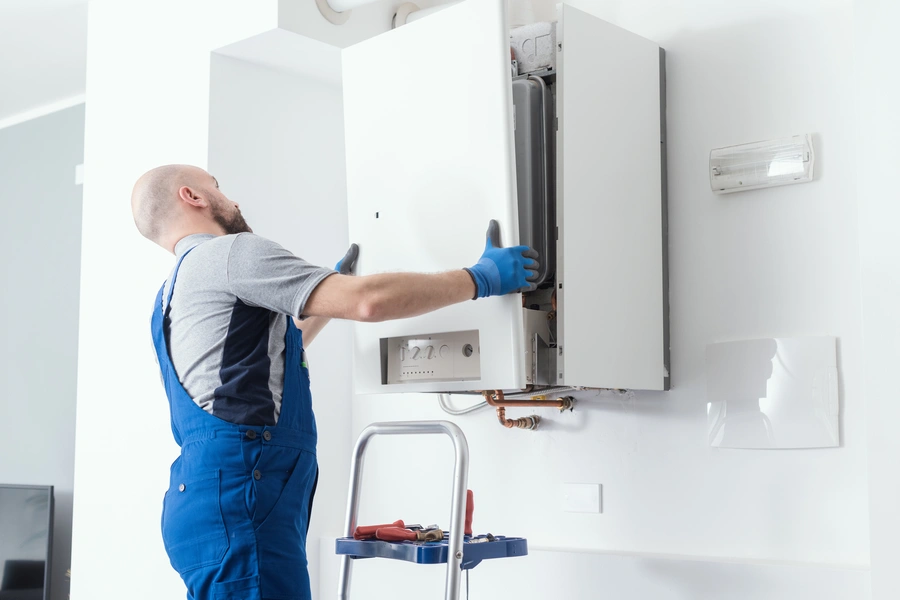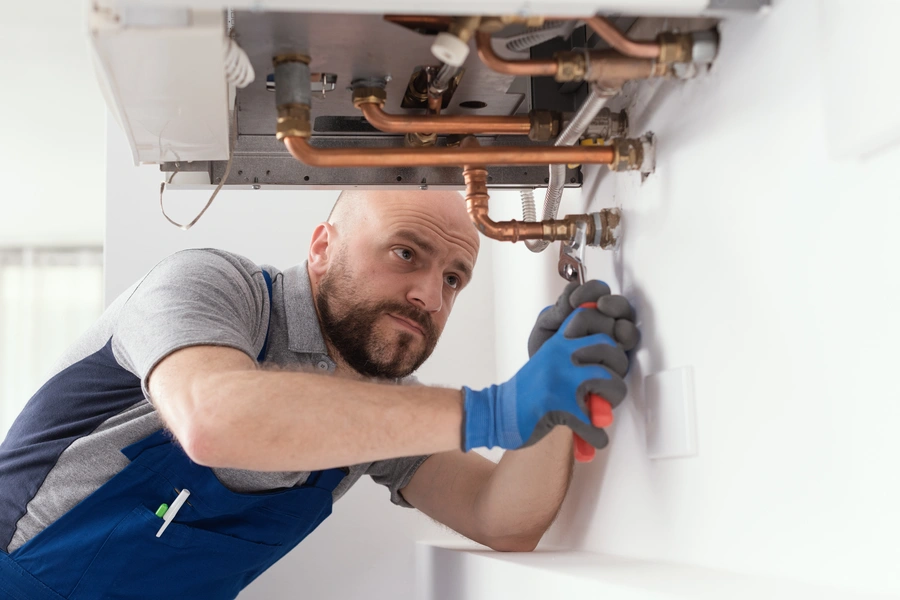Understanding the Impact of Sediment on Heating Efficiency
Many homeowners overlook the importance of maintaining their water heaters. Over time, sediment can build up inside the tank, affecting its efficiency and lifespan. These mineral deposits settle at the bottom, creating a barrier between the burner and the water. This reduces heating efficiency and can lead to higher energy bills. Understanding how sediment buildup affects your water heater’s performance is crucial for ensuring optimal functionality and longevity.
The Causes of Sediment Buildup
Sediment buildup in water heaters often results from minerals like calcium and magnesium that naturally occur in water. When water heats up, these minerals form solid particles that settle at the bottom of the tank. Factors such as hard water and frequent use can accelerate this process. It’s important to know the causes so you can take preventive measures and avoid frequent Water Heater Repair.
Signs Your Water Heater Needs Attention
Recognizing early signs of sediment buildup can save you from costly repairs. Common indicators include popping noises coming from the tank, longer wait times for hot water, and fluctuating water temperatures. If you notice any of these symptoms, it may be time to consider professional maintenance or Water Heater Repair services.
The Consequences of Neglecting Maintenance
Ignoring sediment buildup can have several negative effects on your water heater. The most immediate impact is reduced efficiency, leading to higher energy costs. Over time, this can cause corrosion, leaks, and even complete failure of your system. Regularly checking for sediment can prevent these issues and prolong the life of your appliance.
Steps to Prevent Sediment Buildup
Preventing sediment accumulation is key to maintaining your water heater. Here are some effective steps:
- Schedule regular maintenance checks with professionals
- Flush your water heater annually to remove accumulated sediment
- Install a water softener if you live in an area with hard water
Best Practices for Efficient Water Heater Use
To ensure your water heater runs efficiently, follow these best practices:
- Avoid setting your thermostat too high; 120 degrees Fahrenheit is recommended
- Insulate your hot water pipes to reduce heat loss
- Use low-flow fixtures to conserve water and maintain pressure
Cost Implications of Regular Maintenance
While routine maintenance involves upfront costs, it can save money in the long run by avoiding expensive repairs and premature replacements. Investing in regular service enhances energy efficiency and extends the life of your heater, providing excellent return on investment. Remember, small preventive actions today can prevent significant expenses tomorrow.
Conclusion: Ensuring Longevity With Proper Care
Proper care is essential for extending the life and performance of your water heater. Regular maintenance helps avoid extensive damage caused by sediment buildup. By implementing preventative measures and staying vigilant for warning signs, you ensure ongoing efficiency and reliability. Contact Favian's Plumbing, Inc. at (661) 305-4423 for expert advice tailored to your needs. Located in Palmdale, CA, our team is ready to assist with all your requirements.

